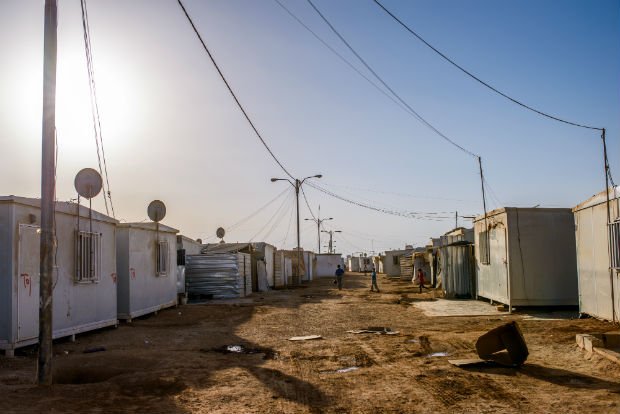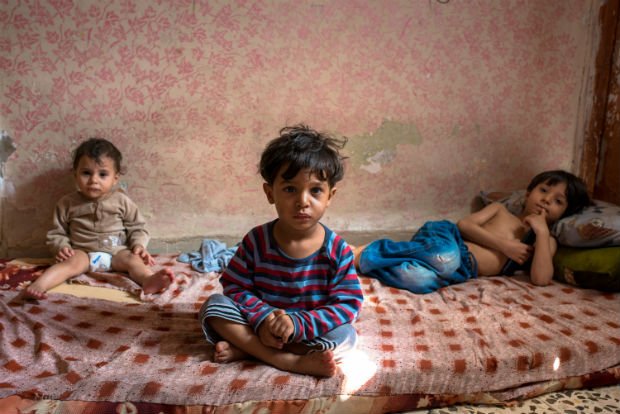If a natural disaster struck yesterday and hundreds of thousands of people died, houses crumbled, schools collapsed, children were separated from their parents and 14 million people were displaced, the world would stand up and take notice. The world would care. If the Syrian crisis were a natural disaster, the headline might read something like this:
Devastating disaster strikes: Over 200,000 people killed, 14 million displaced
People would read the headlines and the stories, reach deep into their pockets and give generously to help those in need. But for the Syrian crisis, this hasn’t happened, at least not to the extent it’s needed. And we all know why. The Syrian crisis is manmade. Fact: suffering caused by wars does not compel people to give the way suffering caused by natural disasters does. The Syrian civil war has now raged for over four years. In the lead up to World Refugee Day on June 20, almost four million Syrian refugees, the same population as Los Angeles, are far from home and wondering if they will ever return to the life they knew.

Imagine this. You’re a Syrian child who fled the war the year after it started in August 2012. You’ve now spent over a thousand nights in a strange bed, a thousand afternoons of not playing with your best friend, a thousand days without your favourite pet and wondering if you’ll ever go back home, a thousand days of missing your toys, your neighbours, your favourite TV show, the pretty birds who sat in the tree in your front garden and the bike you rode around your neighbourhood.
Now imagine you’re this child’s parent. That’s a thousand nights of worrying how you’ll keep your child safe, how you’ll feed them and wondering when you can all go back home.
I’m just 26 days into my new role as World Vision’s Syria Crisis Response Communications Director. The challenge for me is trying to shed new light on the devastating humanitarian impact of this crisis. It’s not easy. The world is fatigued by the overwhelming need and suffering that continues, with no end in sight. We’ve all heard the same kinds of stories told time and time again - families who have lost loved ones, people who fled the fighting for fear of their lives, refugees living in makeshift accommodation, children missing out on years of education, children forced to work or marry to help their families survive.
But is a child’s suffering less great because it’s caused by a war and not a natural disaster? Does a child feel less cold, less hungry, less scared?

A quote from a Syrian child named Rheem, just 13-years-old, really stuck with me.
“Can you put us on TV? Can you tell everyone? Maybe the world will help us.”
We’re trying Rheem. We’re really trying.
World Vision is responding to the Syrian crisis in Jordan, the Kurdistan Region of Iraq, Lebanon and inside Syria. We have reached approximately 2 million refugees, internally displaced people and vulnerable host community members with assistance including food, water, sanitation, health, child-friendly spaces and remedial education. But the needs are enormous and continue to grow. Visit www.wvi.org/syria-crisis to find out more.
Written by Suzy Sainovski, Communications Director for World Vision’s Syria Crisis Response